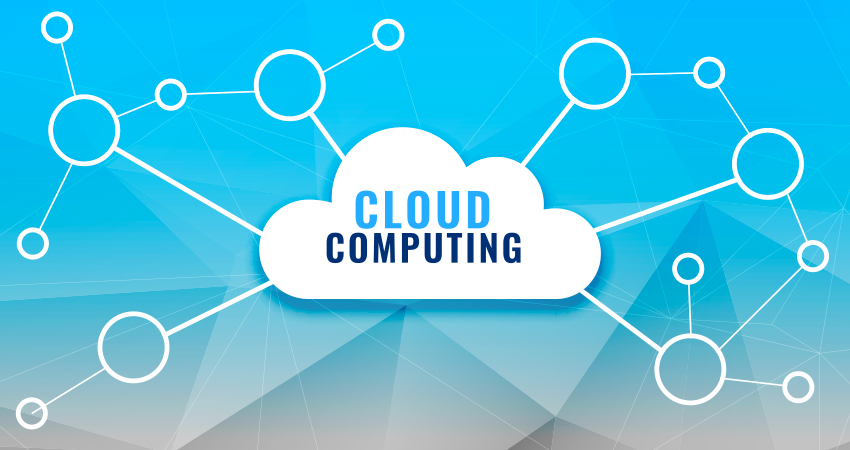+1 (805) 480-9300
|
Offers and Trials
-
-
- English
- العربية
- Español
- Français
- Dutch
Demystifying the myths surrounding Cloud
Technology - March 26, 2020
Related stories
Microsoft Azure RI
March 26, 2020Artificial Intelligence in the fight against Coronavirus
March 24, 2020The Future of Security Is Already Here
April 3, 2019Let’s Talk about SD-WAN for Critical Network Redundancy
May 1st, 2019Data Breaches Costs and Impacts
January 29, 2019SUBSCRIPTION CENTER
Stay in the Know with Our Newsletter
-

